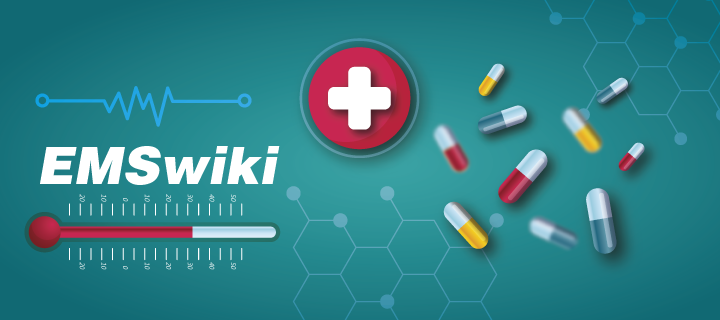
Severe hypoglycemia: an underestimated risk
Understanding the Causes, Symptoms, and Management of Hypoglycemia
Severe hypoglycemia is a serious medical condition characterized by extremely low blood glucose levels, which can have serious consequences, including coma or death if not promptly treated. This condition is particularly relevant to people with diabetes but can affect anyone under certain circumstances.
Causes and Mechanism
Hypoglycemia occurs when the blood glucose level falls below normal. For people with diabetes, this can be due to an excess of insulin or other diabetes medications, inadequate food intake, increased physical activity, or alcohol abuse. In people without diabetes, causes may include excessive alcohol consumption, critical illnesses such as severe liver disease or infections, malnutrition, and some rare endocrine conditions, such as insulinomas (insulin-secreting tumors).
Symptoms and Signs
The symptoms of hypoglycemia can range from mild to severe. In mild cases, symptoms include trembling, sweating, palpitations, anxiety, and hunger. As hypoglycemia worsens, confusion, abnormal behavior, difficulty speaking, double or blurry vision, and, in severe cases, loss of consciousness, seizures, or coma can occur. A problem known as “hypoglycemia unawareness” can occur in people with diabetes who have frequent episodes of hypoglycemia, reducing their ability to perceive warning signs.
Management and Prevention
The management of hypoglycemia varies depending on its severity. In mild to moderate cases, it can be treated by consuming rapidly absorbed sugars. In severe cases, the intervention of another person, the use of a glucagon injection, or intravenous glucose treatment may be necessary. For people with diabetes, continuous glucose monitoring and proper medication dosing are essential to prevent hypoglycemia.
Impact of Food Insecurity
One study has shown that food insecurity doubles the rate of severe hypoglycemia in adults with diabetes. Participants who experienced food insecurity had more than twice as many severe hypoglycemia events compared to those who did not. This underscores the importance of addressing social issues like food insecurity in diabetes management.
Severe hypoglycemia is a condition that requires immediate attention and appropriate management. It is crucial for individuals at risk, especially those with diabetes, to be well-informed about warning signs and prevention strategies. Awareness and preparedness can save lives.
Sources



